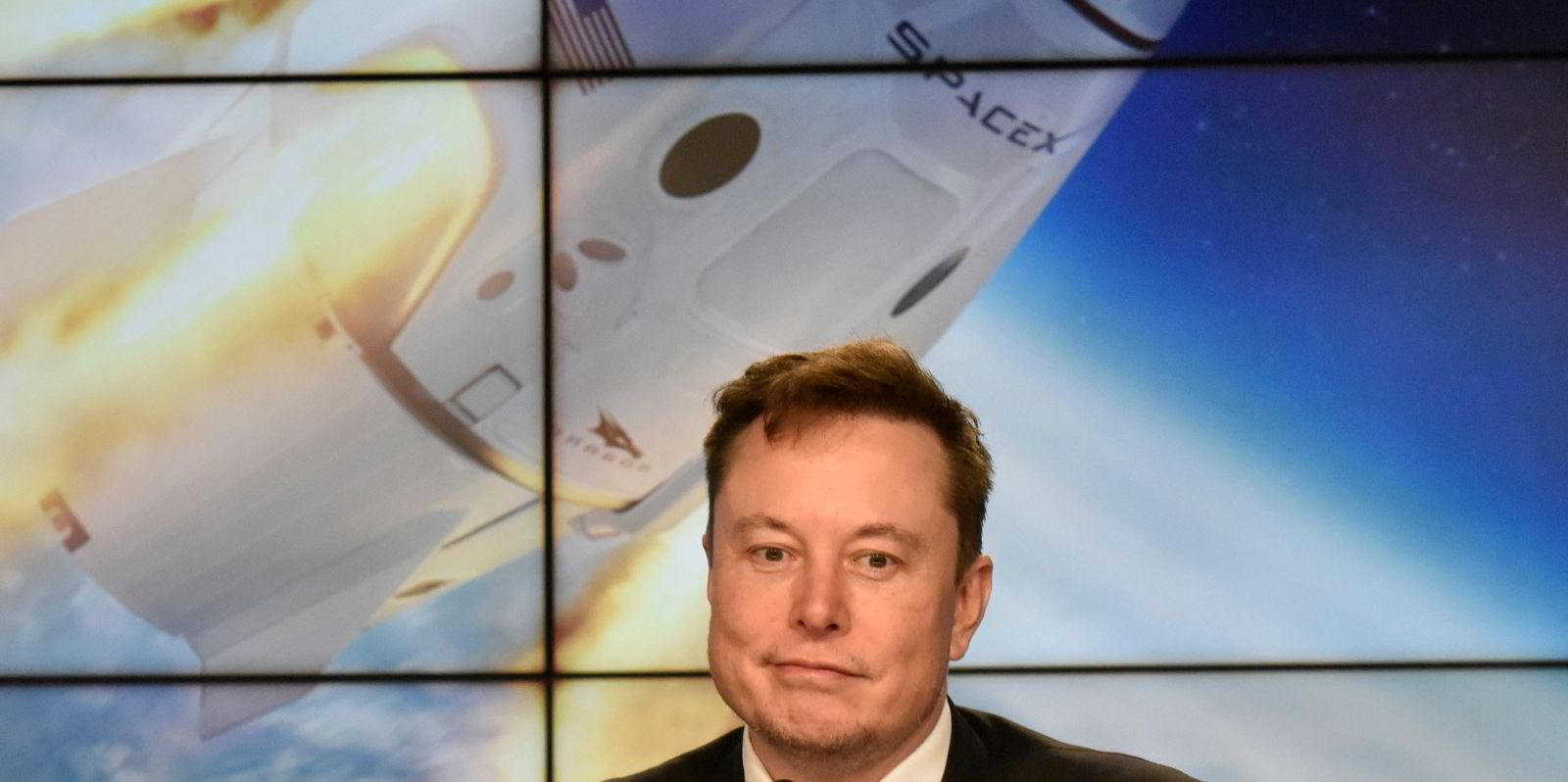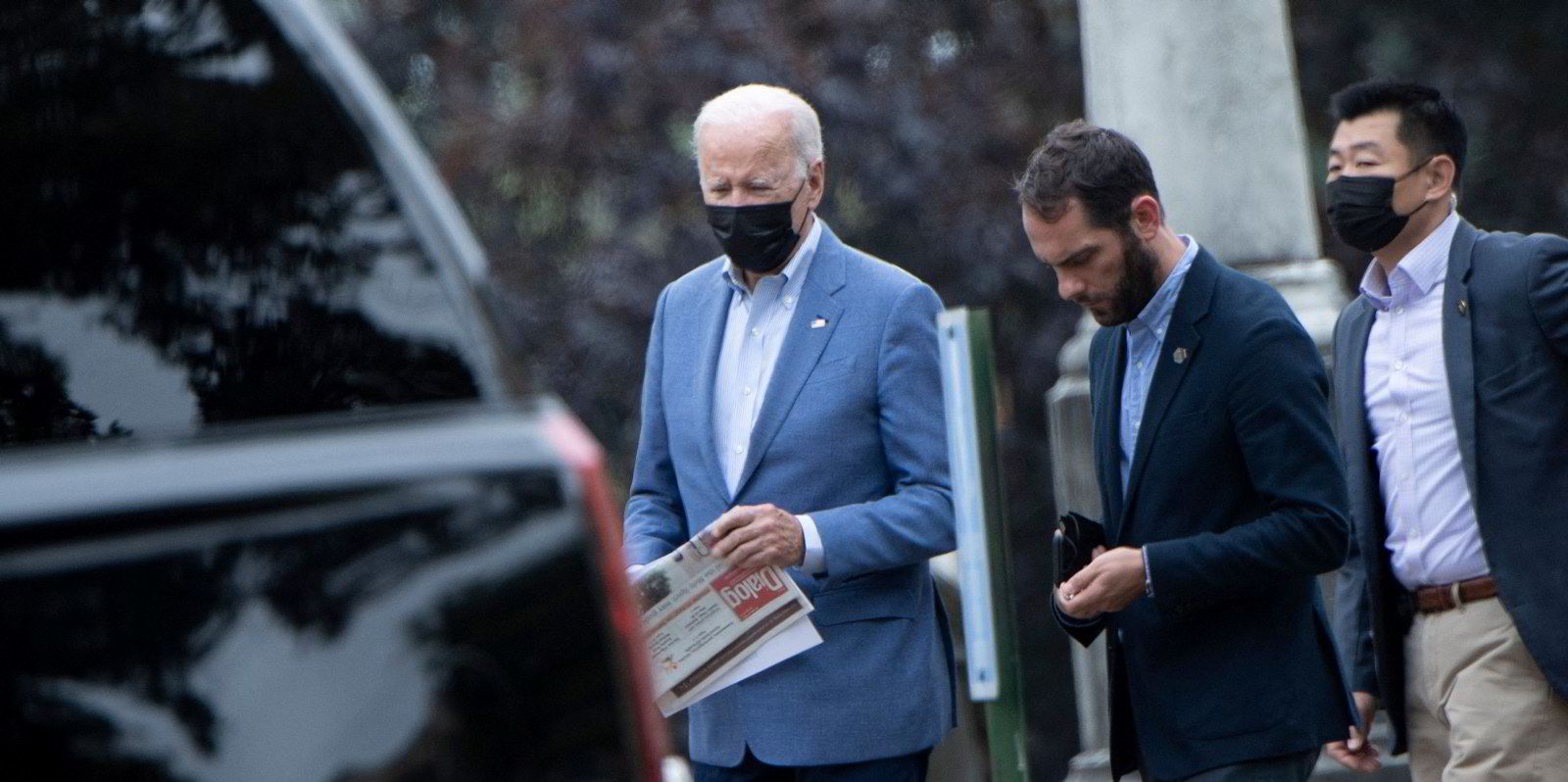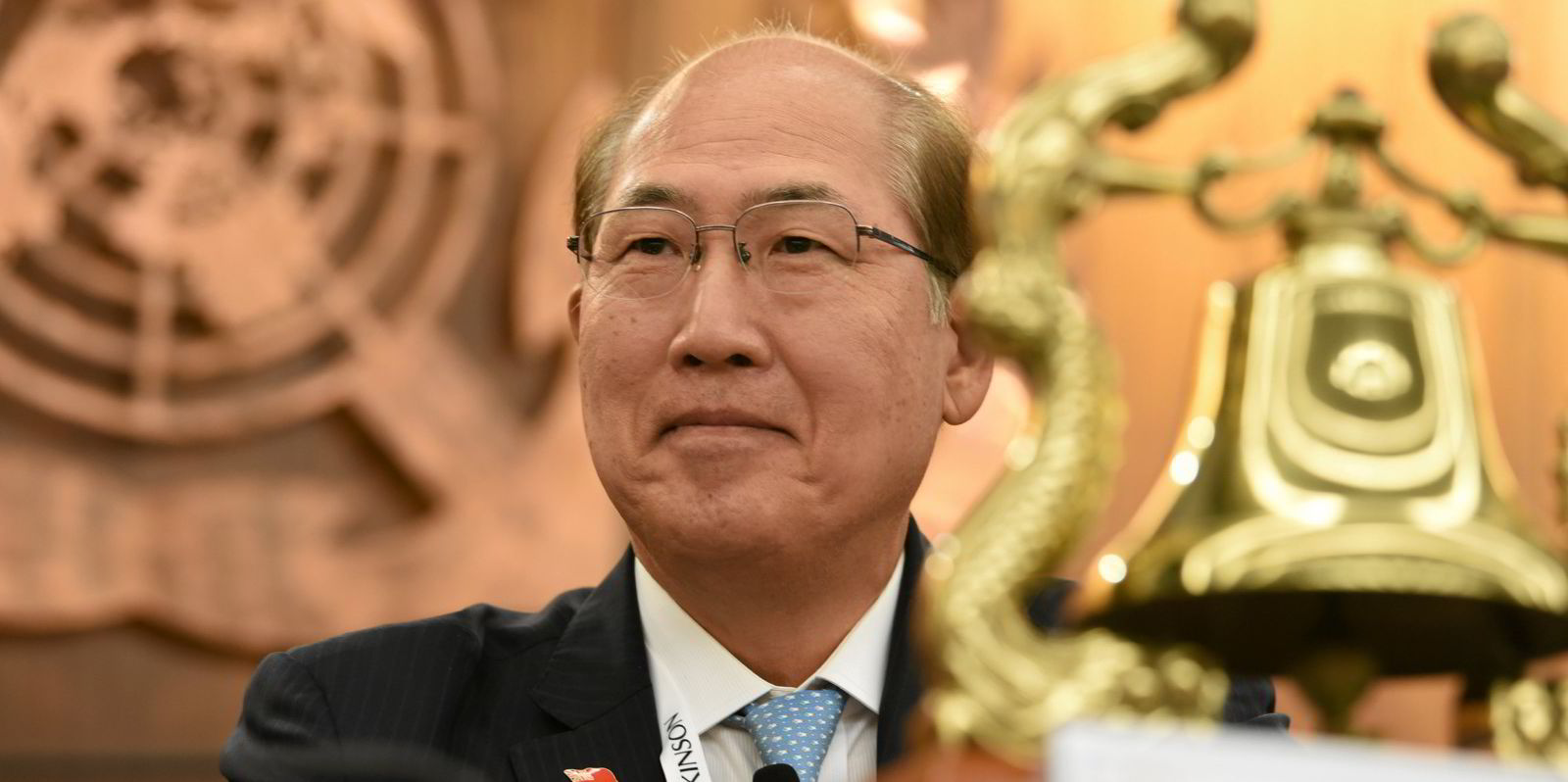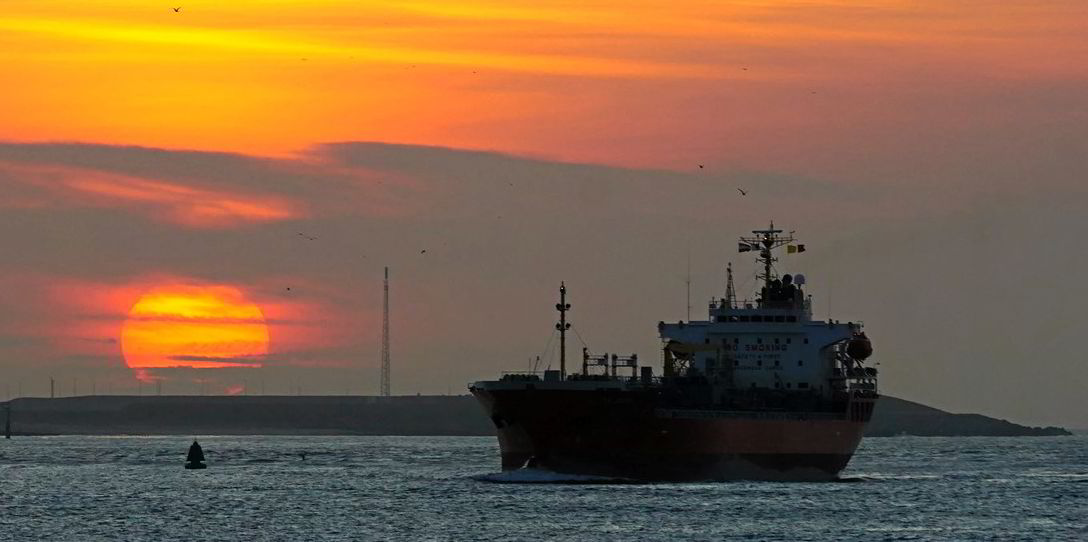It was interesting to hear Mark O’Neil, the InterManager president , complaining about a shipping event being held at the COP26 climate summit next month.
Why, he asked, was the International Chamber of Shipping (ICS) presiding over a carbon summit at such a late date in Glasgow? Why hadn't such an event been held six months ago? Who was the ICS anyway, to hold a meeting like this? And why didn't the industry speak with one voice?
All valid questions — put in a fascinating interview with my colleague Ian Lewis — and they point at wider issues raised by the climate crisis.
There have, of course, been endless conferences of one kind or another discussing decarbonisation.
Many of them have been dominated by evangelical speakers calling for action but met by a sceptical audience arguing that any concrete measure proposed is either impractical, too expensive, or both.
The nearer the latest round of United Nations-sponsored talks has grown, the more a progressive if brittle consensus around action has started to emerge in the maritime world.
It is no surprise to me that only now has the ICS itself moved to a position of support for net-zero emissions by 2050, albeit with strings attached.
The shipowner group could indeed have organised a conference six months ago as O'Neil wanted, but it is unlikely the issues would have been debated with the same urgency.

Can the ICS speak for everyone? Of course not, and O’Neil's suggestion that the industry needs to speak with one voice is sensible.
But is it realistic? The International Maritime Organization is indeed a regulator, not a lobby group as he points out, but it is a place where the whole shipping world meets.
And let us be honest, there are not many regulatory bodies in which industry executives are allowed such a prominent role.
The job of Kitack Lim, the IMO secretary general, has been described as like "herding cats".
Representatives of governments at the IMO have their own national interests, while the shipping industry is largely made up of solitary cats.
Indeed, shipping is proud of the fact that it is individualistic, highly entrepreneurial and deeply competitive.
These are wonderful qualities when it comes to building profits or even just staying in business in normal if cyclical trading times.
Collective self-interest is the order of the day — for humans and the maritime industry
But this kind of free-market capitalism model is able to function properly only when surrounded by legal structures and other regulatory frameworks agreed and enforced by governments.
And it runs aground when individualism crashes into an obstacle, such as global warming, that can only be tackled globally and collectively.
Billionaire tech entrepreneur Elon Musk may think he can use his cash to escape to another planet, but it is a fantasy.
And even if he could find an interstellar home, the rest of us — including the shipping industry — are going to stay on planet earth.
O'Neil, who is also chief executive of Columbia Shipmanagement, believes that a new combined industry body could have been useful in many ways. It could have told China it would boycott its ports, say, on the Covid issue of foreign crew changes.
A powerful unified body in shipping — O'Neil suggests a maritime committee working alongside the IMO — could be used to improve crew welfare as well as coordinate a proper response to decarbonisation.
The IMO arguably has ultimately not helped the industry through its reluctance to tackle CO2 emissions.
And this strategy has begun to backfire, with the European Commission opting for regional action by including shipping in the European Union's Emissions Trading System.
ICS deputy secretary general Simon Bennett himself has now voiced concern that the IMO is "losing leadership on greenhouse gas issues".
The UK, US and others are pressing the IMO to introduce a new target of cutting carbon by 40% within nine years.
The noose is tightening and shipping is being forced to respond.
Let's be honest, the world’s weather systems do not care whether we adapt or not.
They certainly do not recognise human-created philosophies around shareholder value, corporate liabilities or competitive markets.
Collective self-interest is the order of the day — for humans and the maritime industry. O'Neil is ultimately right: shipping needs one voice.







